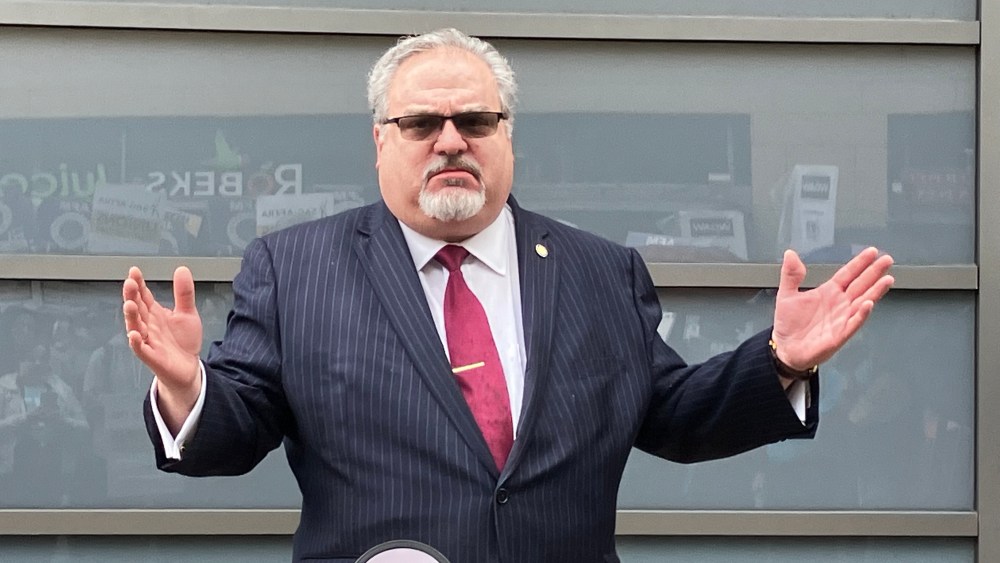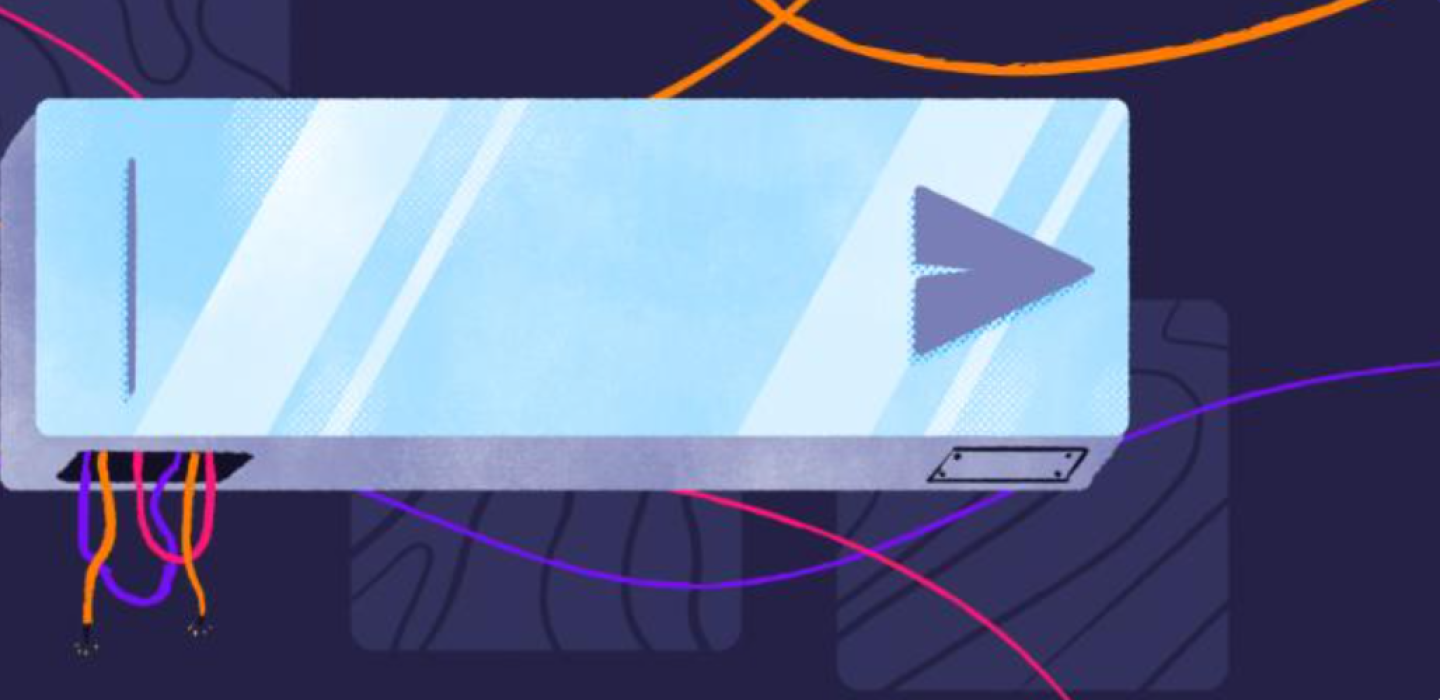French legislators are of the opinion that revisions to the EU’s contentious Copyright Directive are necessary to address the inclusion of generative AI. A report from a commission within the French National Assembly emphasized the need for adjustments to EU copyright legislation to encompass content generated by artificial intelligence.
Mireille Clapot, the Member of Parliament spearheading this initiative, highlighted the challenges posed by AI-generated content in terms of identifying original works, attributing creations produced by AI intermediaries, compensating authors for the use of their works, and managing opt-outs for artists who do not wish their content to be utilized by AI systems. These considerations underscore the necessity of reevaluating the copyright directive in the context of generative AI.
The Copyright Directive, which was enacted in 2019, aimed to modernize protections for authors and publishers in the digital landscape. However, this legislation predates the emergence of groundbreaking AI models such as ChatGPT from OpenAI, including its predecessor GPT-3.
Subsequently, significant portions of online content have been utilized to train AI models, leading to legal disputes such as the lawsuit filed against OpenAI by The New York Times for alleged copyright infringement.
As the EU AI Act progresses towards implementation, certain provisions address aspects related to generative AI, with recent amendments ensuring that platforms like ChatGPT adhere to transparency requirements.
While the EU AI Act currently includes only two provisions concerning copyright, specifically focusing on providers of general-purpose AI models and their obligations to comply with Union copyright laws, French lawmakers advocate for broader considerations. The recent opinion from French legislators calls for an update to the Copyright Directive to adequately address the intellectual and industrial property implications of AI-generated content.
France, known for its proactive stance on the Copyright Directive, has swiftly integrated these regulations into its national laws. This proactive approach has led to confrontations with tech giants like Google regarding licensing agreements with publishers and news agencies. For instance, Article 15 of the Directive mandates that aggregators like Google compensate press publishers for displaying news excerpts, resulting in a substantial fine of $510 million imposed on Google in July 2021 for non-compliance.






